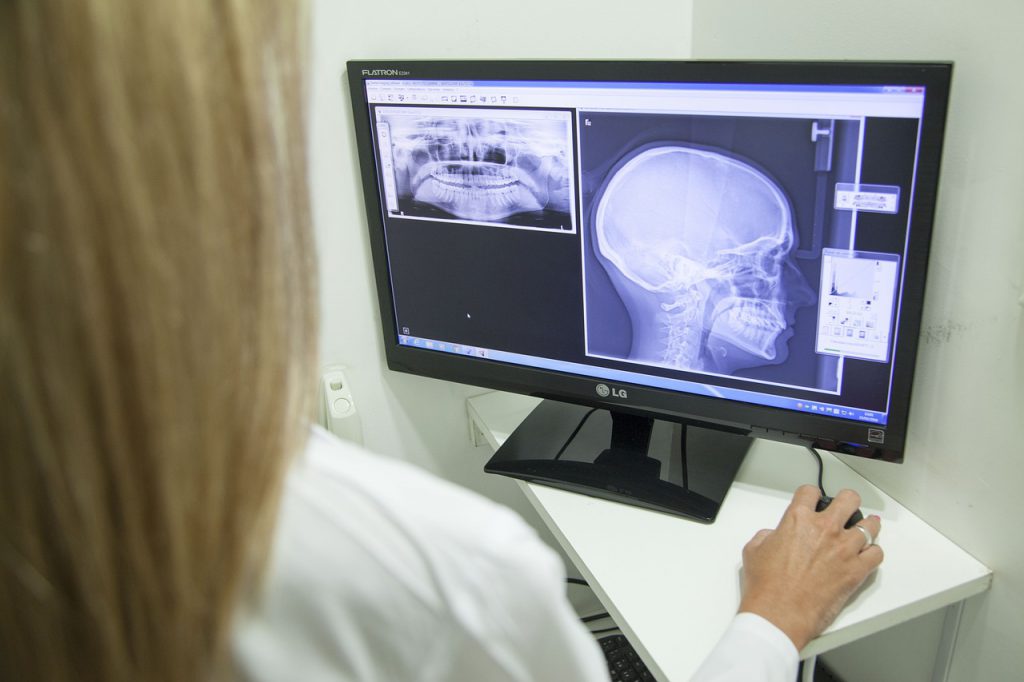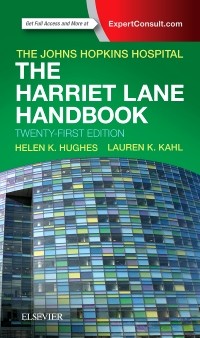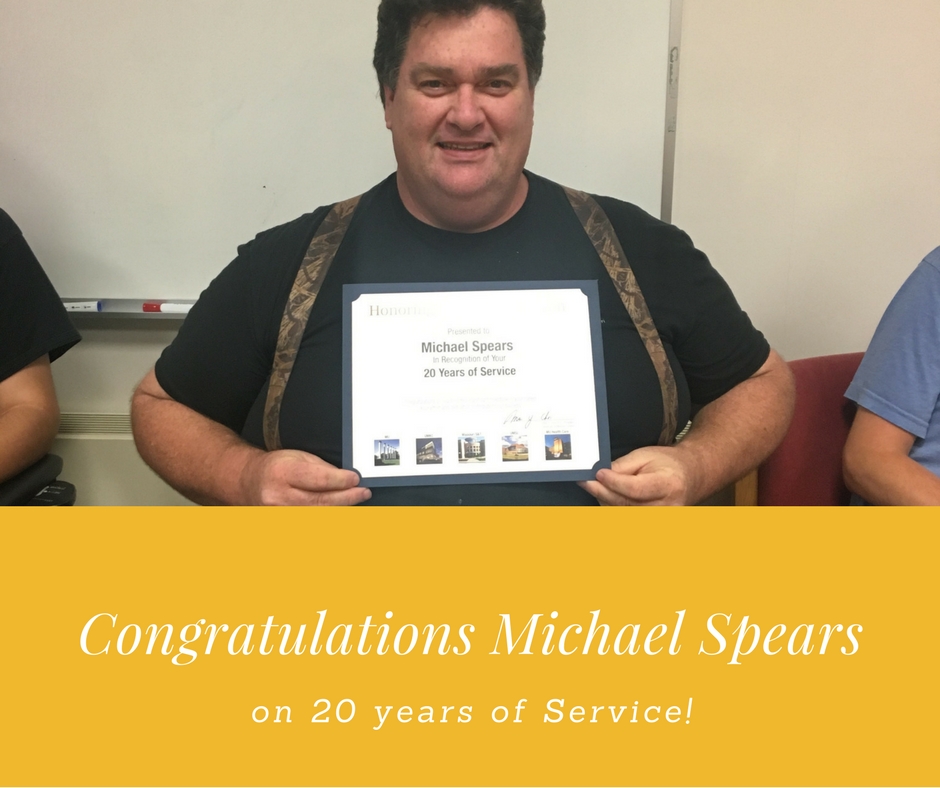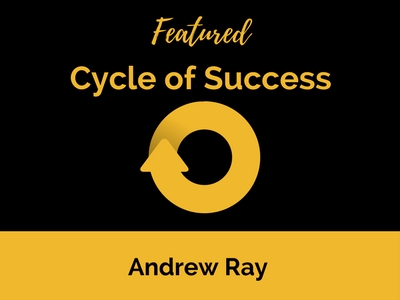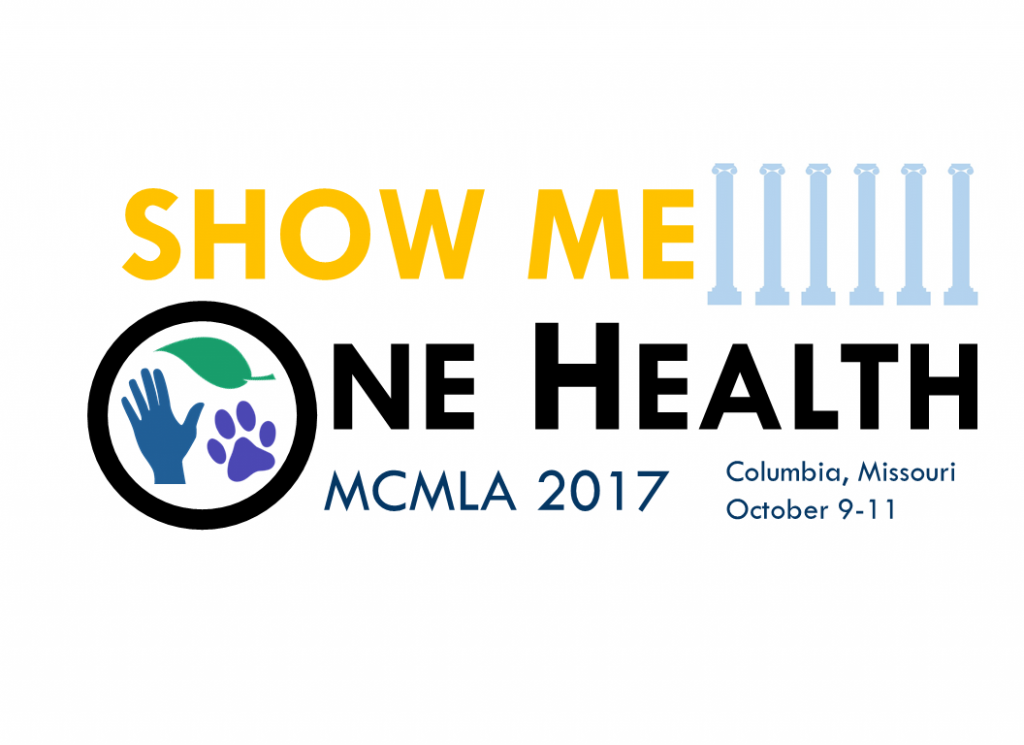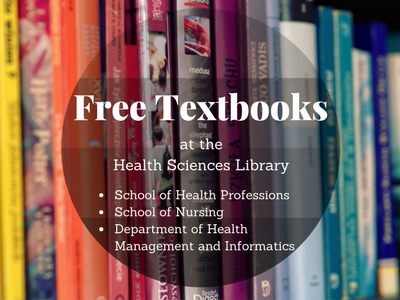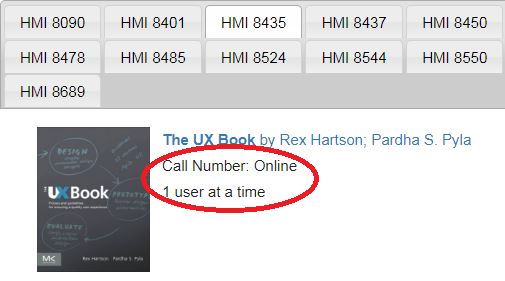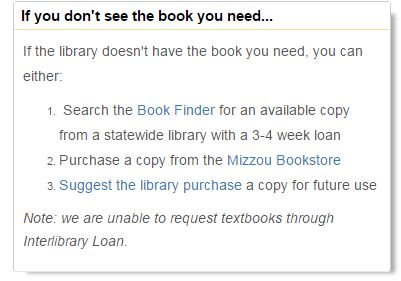The latest article in our open access article series features several University of Missouri faculty and staff:
- Robert Bell is a Physician Assistant in neurological surgery and serves as a clinical instructor at the School of Medicine.
- Melody Burks is a service line specialist nurse in the neuroscience intensive care unit.
- Dr. Premkumar Nattanmai is an assistant professor for clinical neurology, and co-director of the neuroscience intensive care unit.
This research team’s article, A new strategy in noncritical nurse care stroke education: a hybrid simulation pilot study, was published in Electronic Physician in May 2017. Electronic Physician is an open access journal, peer-reviewed journal, that publishes articles in all areas of medical and health sciences. This completely open access journal immediately makes their articles available upon publication, which allows for maximum sharing ability on the new strategy for stroke education this article discusses.
This article discusses a new hybrid simulation approach for education of neurosciences nurses involved in the car of neurocritical care patients. “Simulation creates a learning environment that allows for improving technical and non-technical skills, improving efficiency, practicing rare life-threatening emergencies, and fostering improved attitudes toward teamwork.” This combination of lecture and high-fidelity manikin simulation significantly improved nurses’ understanding and managing of patients in the neuroscience intensive care unit.
